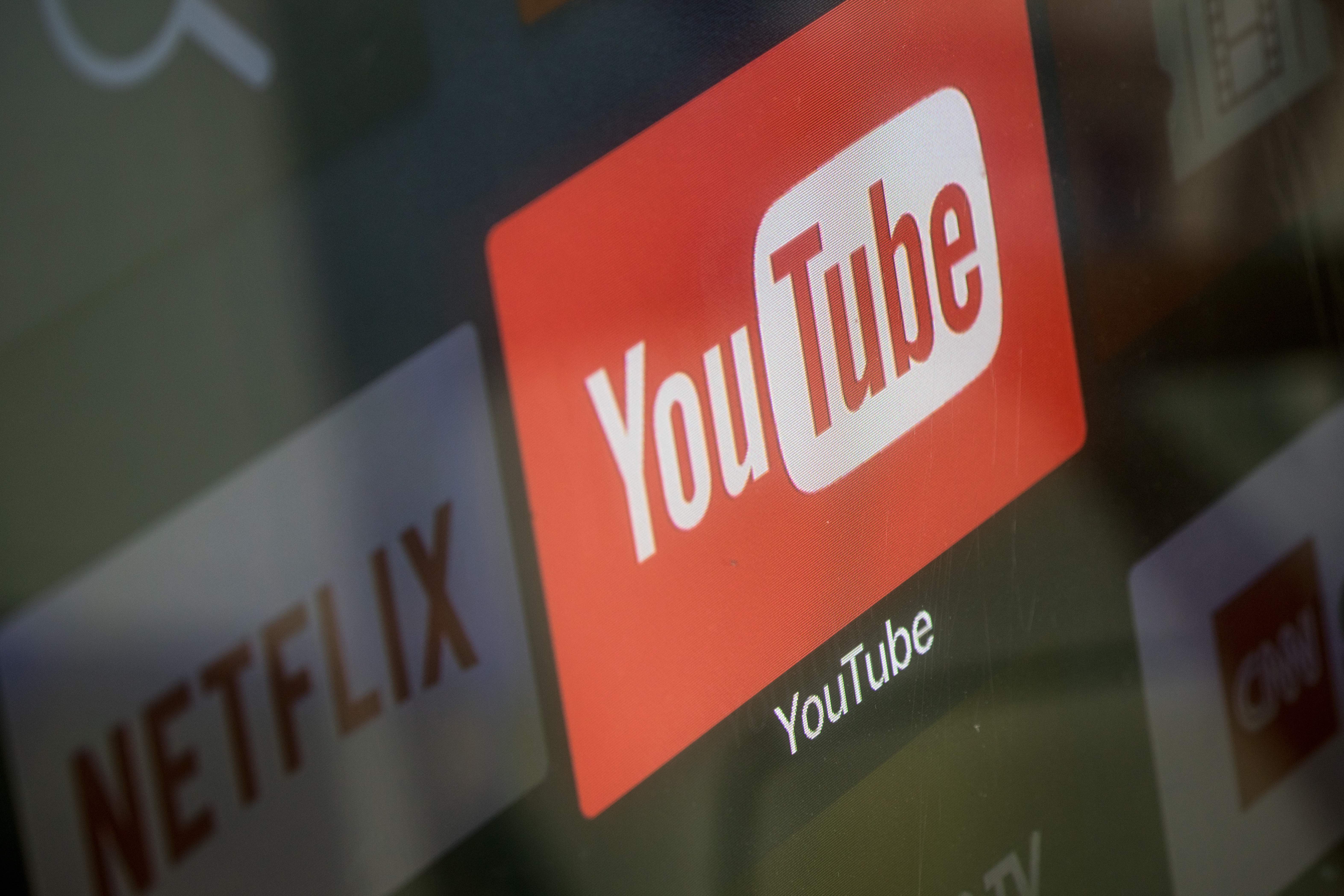What pranks will be banned on YouTube?
Video streaming site updates guidelines on stunts that present ‘risk of serious danger or death’

A free daily email with the biggest news stories of the day – and the best features from TheWeek.com
You are now subscribed
Your newsletter sign-up was successful
YouTube has announced that it is banning videos depicting dangerous pranks, amid a flood of clips on the platform showing people inadvertently hurting themselves or others.
The video streaming site, owned by Google, updated its community guidelines this week in order to include a ban on so-called challenges that present “a risk of serious danger or death, and pranks that make victims believe they’re in serious physical danger, or cause children to experience severe emotional distress”.
“We don’t allow pranks that make victims believe they’re in serious physical danger - for example, a home invasion prank or a drive-by shooting prank,” continues a statement on the site’s FAQ section.
The Week
Escape your echo chamber. Get the facts behind the news, plus analysis from multiple perspectives.

Sign up for The Week's Free Newsletters
From our morning news briefing to a weekly Good News Newsletter, get the best of The Week delivered directly to your inbox.
From our morning news briefing to a weekly Good News Newsletter, get the best of The Week delivered directly to your inbox.
This includes pranks where someone is tricked into thinking they are in severe danger, even if no real threat existed, the BBC adds.
Tech news site Android Central says the announcement comes after a teenager in Utah crashed a car while doing the “Bird Box Challenge”, which involves people undertaking everyday tasks while blindfolded.
Last year the “Fire Challenge” saw people putting flammable liquid on their bodies and then igniting it, while a “Tide Pod Challenge” involved participants biting or chewing laundry detergent pods, which contain bleach.
The challenges were taken on by some of the platform’s most popular content creators, with some of the resulting videos racking up millions of views.
A free daily email with the biggest news stories of the day – and the best features from TheWeek.com
YouTube pledged to crack down on harmful content last April, when the company said it would develop “better tools for detecting inappropriate and misleading metadata and thumbnails so we can take fast action against them”.
But a recent investigation by Buzzfeed found that dodgy videos showing graphic images of beastiality were still easily accessible on the platform.
Tech site Gizmodo suggest the platform’s moderation team is “overwhelmed by the sheer amount of content on it”, making regulation difficult.
-
 Local elections 2026: where are they and who is expected to win?
Local elections 2026: where are they and who is expected to win?The Explainer Labour is braced for heavy losses and U-turn on postponing some council elections hasn’t helped the party’s prospects
-
 6 of the world’s most accessible destinations
6 of the world’s most accessible destinationsThe Week Recommends Experience all of Berlin, Singapore and Sydney
-
 How the FCC’s ‘equal time’ rule works
How the FCC’s ‘equal time’ rule worksIn the Spotlight The law is at the heart of the Colbert-CBS conflict
-
 Epstein files topple law CEO, roil UK government
Epstein files topple law CEO, roil UK governmentSpeed Read Peter Mandelson, Britain’s former ambassador to the US, is caught up in the scandal
-
 Iran and US prepare to meet after skirmishes
Iran and US prepare to meet after skirmishesSpeed Read The incident comes amid heightened tensions in the Middle East
-
 Israel retrieves final hostage’s body from Gaza
Israel retrieves final hostage’s body from GazaSpeed Read The 24-year-old police officer was killed during the initial Hamas attack
-
 China’s Xi targets top general in growing purge
China’s Xi targets top general in growing purgeSpeed Read Zhang Youxia is being investigated over ‘grave violations’ of the law
-
 Panama and Canada are negotiating over a crucial copper mine
Panama and Canada are negotiating over a crucial copper mineIn the Spotlight Panama is set to make a final decision on the mine this summer
-
 Why Greenland’s natural resources are nearly impossible to mine
Why Greenland’s natural resources are nearly impossible to mineThe Explainer The country’s natural landscape makes the task extremely difficult
-
 Iran cuts internet as protests escalate
Iran cuts internet as protests escalateSpeed Reada Government buildings across the country have been set on fire
-
 US nabs ‘shadow’ tanker claimed by Russia
US nabs ‘shadow’ tanker claimed by RussiaSpeed Read The ship was one of two vessels seized by the US military